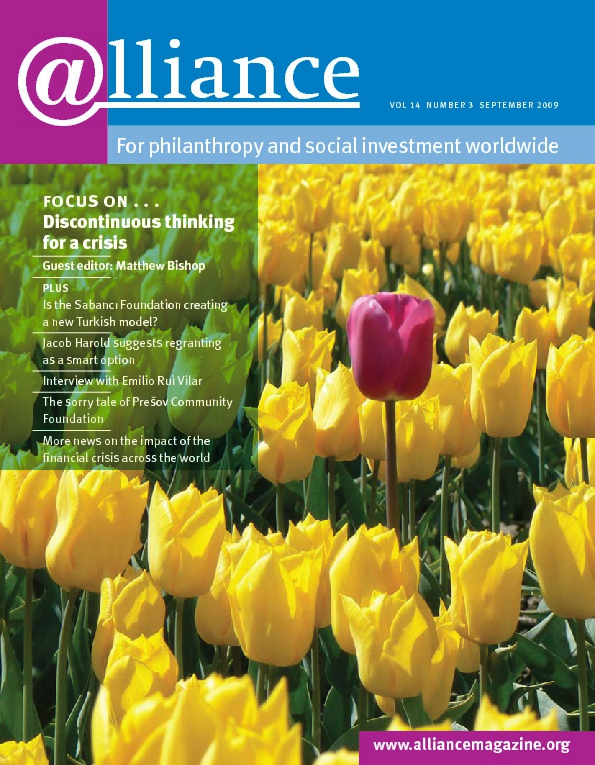Amy Singer draws on a vast array of sources, from 10th century jurist Abu Hamid Muhammad al-Ghazali to early 20th century Turkish political activist Halide Edip Adavar, in her rich overview of philanthropy in Islamic societies. The work unites religious texts and their meaning with a fascinating analysis of the role and impact of charity in Islamic societies, presenting charity as both religious ideal and social practice.
The first sections of the book focus on the nature and practice of charity as described in a number of historical sources. The calculation, payment and distribution of both zakat, the contribution obligatory on Muslims, and sadaqa, its voluntary equivalent, are discussed, revealing that practices have been diverse across time and geography. The inability to sustain centralized zakat collections has resulted in more fluid and personal ways of practising charity. Even the calendar is used to illustrate this: from the holy day of Friday to imperial feasts and life events, such as birth and illness, celebrations and rituals tied to the cycle of life offer numerous instances for the enactment of charity in Islamic societies.
At the root of charity is a desire to honour and express a bond with God, which is realized through an act towards others in the community. Thereby, value is placed on public good, characterized by understandings of social justice and equal relations between people and helping to forge bonds across and within the community. Religious and cultural values and practices, such as generosity and hospitality, overlap and reinforce each other. The complex webs of assistance generated as a result of these values have served not only the needs of the most vulnerable but also those of scholars and travellers; while even simple forms of giving, such as providing a meal, have made charity accessible to those with lesser means. Singer’s discussion of zakat and sadaqa brings to light the richness of this widespread and very common practice, which due to its everyday, unrecorded nature has evaded the attention of most observers of Islamic societies.
Instead, the institution of waqf (foundation) has occupied a more central place in the study of Islamic charity, not only due to its visibility in the form of mosques, kitchens, schools, hospitals, fountains and the like, but also in recognition of its immense role in urban and rural development across the Islamic world. With waqfs endowed by both state figures and individual patrons, the extensive reach of the system has led scholars to characterize it as a precursor to the welfare state, a notion that Singer stretches to that of a welfare society, characterized by a moral economy and ethos of charity that permeated and structured all social relationships. Rather than observe charity solely from the standpoint of donors (the rich), the book also has a chapter on ‘The Poor and The Needy’, demonstrating again how this work extends the way philanthropy has traditionally been studied.
However, while the work provides a much-needed reference for the religious, cultural and historical roots of philanthropy in Islam, I wanted to reach for a second volume that applied the same analysis to today’s societies. Who are the contemporaries of Haseki Hurrem Sultan and how do they interpret their philanthropy with respect to current challenges? Have philanthropic practices and understanding expanded to truly embrace ideas of social justice, empowerment and inclusion, as in the past, or do they only reinforce existing power dynamics?
In this sense, Charity in Islamic Societies adds as much to the study of philanthropy itself as to the study of charity in Islam. Singer’s analytical framework raises critical questions equally pertinent to our understanding of philanthropy in today’s world: relationships with power and political struggles; motivations; expectations between donors and recipients; how norms are created and furthered through charity; entitlement and dependency; relationships with class, gender, and other forms of identity; the ability of charity to achieve its stated goals; and the influence of local contexts.
These add up to a more nuanced and refined way of examining history through the lens of philanthropic efforts, while also creating a deeper understanding of the endeavour of philanthropy itself. And here lies a further, more powerful dimension to this work: that it situates philanthropy as a universal aspect of humanity, paving the way for conversations about where we seek to place notions of individual responsibility and initiative within a shared sense of community that embraces all civilizations.
Rana Zincir Celal is vice-president of programmes at the Chrest Foundation, Turkey. Email rcelal@chrestfoundation.org
Charity in Islamic Societies
Amy Singer Cambridge University Press £15.99
ISBN 9780521821643
To order
http://www.cambridge.org/uk/catalogue





Comments (0)